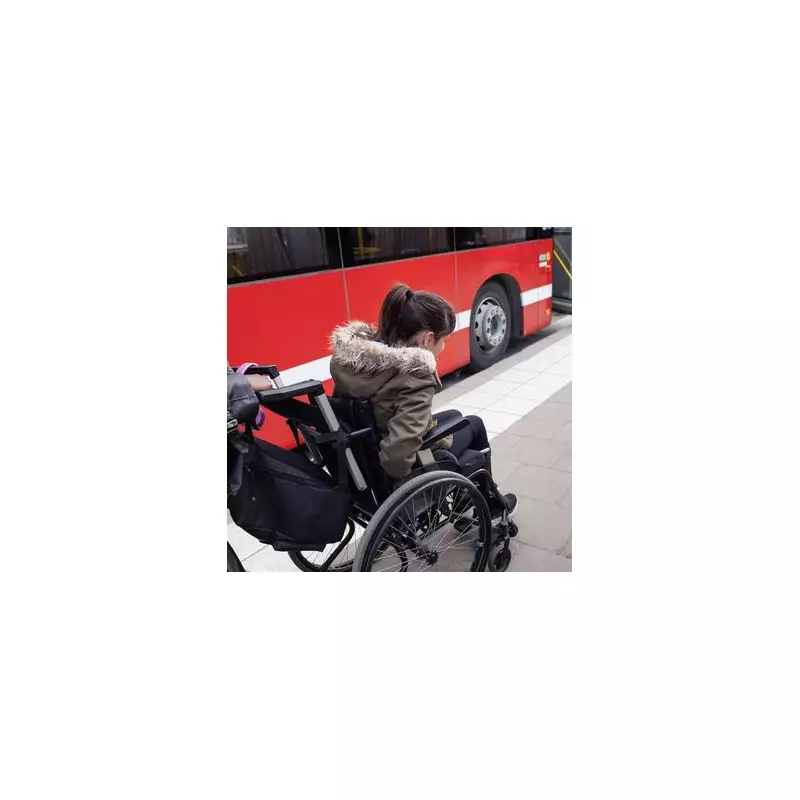
Thousands of Britons could be missing out on crucial financial support from the Department for Work and Pensions due to unrecognised eligibility for health and disability benefits. With payments reaching up to £434 per month, understanding which conditions qualify has never been more important.
Who Qualifies for DWP Health Support?
The DWP provides financial assistance through various schemes, primarily Personal Independence Payment (PIP) and Employment and Support Allowance (ESA), designed to help with extra living costs or provide income support for those unable to work due to health conditions.
The Comprehensive Condition List
Eligibility extends far beyond visible disabilities. The approved list includes 82 conditions across multiple categories:
- Mental Health Conditions: Depression, anxiety disorders, PTSD, bipolar disorder, and obsessive compulsive disorder
- Musculoskeletal Issues: Arthritis, back pain, and limb disabilities
- Respiratory Diseases: Asthma, chronic obstructive pulmonary disease, and cystic fibrosis
- Neurological Conditions: Epilepsy, multiple sclerosis, Parkinson's disease, and motor neurone disease
- Sensory Impairments: Hearing and vision loss
- Cardiovascular Diseases: Heart disease and stroke complications
- Digestive Disorders: Inflammatory bowel disease and liver disease
- Skin Conditions: Psoriasis and eczema with significant discomfort
- Autoimmune Diseases: Lupus and rheumatoid arthritis
- Learning Disabilities: Autism spectrum disorder, Down syndrome, and dyslexia
- Terminal Illnesses: Cancer and other life-limiting conditions
Understanding Assessment Criteria
The DWP evaluates how your condition affects your daily life through specific activities and mobility assessments. For PIP, this includes:
- Preparing and eating food
- Managing therapy and monitoring health conditions
- Washing, bathing, and using the toilet
- Dressing and undressing
- Communicating verbally
- Reading and understanding information
- Mixing with other people
- Making budgeting decisions
- Planning and following journeys
- Moving around
Financial Support Available
Successful applicants can receive substantial financial assistance:
- PIP Daily Living Component: £68.10 (standard) or £101.75 (enhanced) weekly
- PIP Mobility Component: £26.90 (standard) or £71.00 (enhanced) weekly
- ESA: Up to £84.80 weekly for those with limited capability for work
How to Apply Successfully
Maximise your chances of successful application with these essential steps:
- Gather comprehensive medical evidence from healthcare professionals
- Keep a detailed diary of how your condition affects daily activities
- Complete the application form thoroughly with specific examples
- Prepare thoroughly for any assessment interviews
- Seek support from citizen's advice bureaux or disability charities
Many eligible individuals don't claim due to misconceptions about eligibility criteria. If your condition significantly impacts your daily life, you may qualify regardless of whether you're employed, unemployed, or receiving other benefits.
The application process can be daunting, but numerous organisations offer free assistance to help navigate the system and ensure you receive the support you're entitled to.





